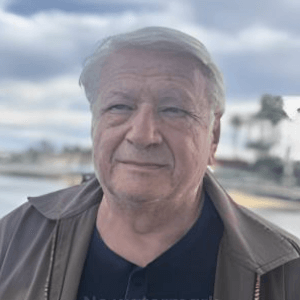Title : Human understanding and machine intelligence: A systems neuroscience perspective
Abstract:
Aristotle’s “Metaphysics” starts with a pronouncement “Humans desire to understand”, establishing understanding capacity as the defining characteristic of human intellect separating humans from the other species. Throughout history, cognitive capacities remained a subject of philosophical inquiry until, in the last century, advances in science and technology (communication engineering, electrical engineering, computer engineering, etc.) stimulated attempts to borrow notions and methods from those disciplines and apply them in the study of cognition, which often resulted in a less than a perfect fit. In particular, fitting models of cognition into the computation-theoretic framework resulted in downplaying the role of understanding in human performance and focusing instead on the models of learning. Massive efforts concentrated on machine learning in the last half century culminated in the recent proliferation of highly sophisticated systems that can learn and accumulate indefinitely large amounts of data but, as such systems readily disclaim, remain clueless about the meaning and significance of the data they manipulate. Facing the situation of growing reliance on systems that are devoid of understanding and whose operation is impenetrably opaque to their users has brought the issue of understanding to the forefront of scientific process encompassing multiple disciplines, from quantum physics to psychology and neuroscience. Still, no models of understanding have been advanced thus far that would convincingly map the key features of the understanding capacity onto the underlying neuronal mechanisms. This talk will review the state-of-the-art in the study of understanding, will outline a model by these authors (dubbed “gnostron model”) treating understanding within the framework of systems neuroscience, and suggest applications of the model in elucidating differences in the operation of understanding under normal and pathological conditions.
Audience Take Away Notes:
- The audience will be exposed to a novel approach in conceptualizing and modeling neuronal mechanisms underlying higher cognitive functions.
- The hope precisely is that the acquired information will facilitate further research
- As a practical matter, the presented theory can facilitate design of novel diagnostic and therapeutic approaches for disorders involving the understanding capacity.




